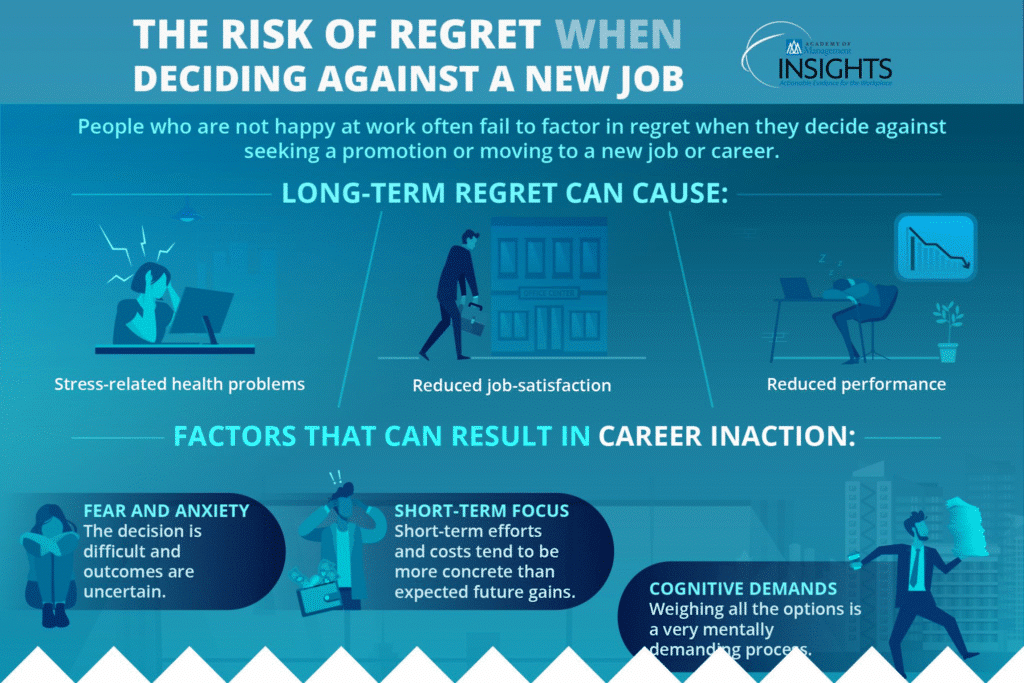Have Belgian workers become ‘Campers’ rather than ‘Climbers’?

Wim Petein Appointed Group Sales Director at ManpowerGroup BeLux
19 August 2025
Belgian employers adopt a more cautious hiring approach amid economic uncertainties
9 September 2025- A report by Right Management and a study from KU Leuven highlight the risks of ‘career inaction’ and the challenges of both internal and external mobility.
- While 77% of Belgian employees plan to stay with their current employer, only 19% (18% at European level) have changed roles internally in the past five years. This lack of movement is a growing concern for innovation and agility.
As organizations navigate a constantly evolving professional landscape, HR leaders are uniquely positioned to address a critical challenge: aligning employee aspirations with organizational needs to generate real impact.
To better understand the perspectives of leaders, HR professionals, and employees, Right Management surveyed over 4,000 respondents across eight European countries, including Belgium compiling its findings in the report ‘From Stagnation to Agility’.
Belgian employees demonstrate strong loyalty, with 77% planning to stay with their current employer in the near future. However, internal mobility remains limited. Only 19% of respondents (18% at European level) reported having changed roles internally in the past five years, and surprisingly, just one in five Belgian employee expects to change positions within the next two years.
Flatter organizational structures and shifting employee priorities have made traditional career progression less transparent, contributing to a mismatch between available skills and talent needs — a real ticking time bomb for organizational growth and productivity.
Geert Volders, Director at Right Management, also observes this trend in Belgium: “Although the loyalty figures are reassuring, they reveal a concerning lack of internal mobility in Belgium and at European level. This poses a challenge for companies in terms of innovation, skills development, and sustainable talent management. According to our survey, internal mobility is still not considered a priority by HR departments, which tend to focus more on talent retention, employer branding, and attracting new profiles. Company culture and managers also often act as barriers to targeted internal mobility. Yet in a constantly changing world, this lack of mobility undermines organizational agility and the dynamism of human capital.”
Have workers become ‘Campers’ rather than ‘Climbers’?
The Right Management report dares to ask: have workers become ‘Campers’, attached to the status quo and focused on preserving their well-being and work-life balance – rather than ‘Climbers’, actively pursuing skill development and career growth?
The answer is nuanced. Mental health has clearly become a major concern. Employees are facing unprecedented levels of overload and burnout. According to ManpowerGroup, 49% of workers globally report experiencing daily stress, while PwC notes that 45% feel their workload has significantly increased.
But other factors also explain this widespread sense of resignation and lack of ambition – particularly the gap between the opportunities employees perceive and the reality of HR policies.
ManpowerGroup’s latest Talent Barometer reveals that one-third of employees do not believe they have real prospects for promotion or internal mobility. Leaders, on the other hand, tend to overestimate these opportunities, leading to misaligned investments in talent development.
The risks of ‘career inaction’ according to a recent KU Leuven Study
A recent study conducted by KU Leuven’s Research Department for Work and Organizational Studies confirms the findings of the Right Management report, offering a deeper analysis of the causes of career stagnation.
The study, which focused on career transitions among recipients of the VDAB career voucher, reveals that career inaction can have serious consequences for both workers and organizations.
“People who are dissatisfied in their jobs often overlook the risk of long-term regret when they choose not to apply for a promotion or consider a job or career change,” explains Professor Marijke Verbruggen of KU Leuven. “This long-term regreat can lead anxiety-related health issues, lower job satisfaction, and reduced performance. Career inertia also generates fear and anxiety. Transition decisions are difficult to make because outcomes are uncertain. Short-term efforts and costs are often more tangible than future benefits. Moreover, the decision-making process — weighing all options — is cognitively demanding and can discourage action.”
Career support: A strategic imperative for organizations
In this context, Marijke Verbruggen and Geert Volders emphasize that establishing a strong career management policy– focused on skills development, mobility, and the empowering role of managers – is essential for the future of organizations.
The challenge is clear: companies that fail to place career and talent development at the heart of their strategy risk losing their top performers and falling behind in a rapidly evolving labor market.
(1) From Stagnation to Agility Driving workforce transformation in a flatter world’ –‘ Right Management, 2025
(2) “Take Action in Your Career! A Study on Whether Career Transitions Are Realized Among Applicants for the Flemish Career Voucher” – Paulien D’Huyvetter PhD Student and Dr. Marijke Verbruggen , Faculty of Economics and Business Department of Work and Organisation Studies , KU Leuven, 2023
Report : From Stagnation to Agility
*******
“Take Action in Your Career! A Study on Whether Career Transitions Are Realized Among Applicants for the Flemish Career Voucher”
Paulien D’Huyvetter PhD Student and Dr. Marijke Verbruggen , Faculty of Economics and Business Department of Work and Organisation Studies , KU Leuven, 2023
INFOGRAPHIC (KU Leuven)
Many people aspire to make changes in their careers but fail to take sufficient action to make it happen. This phenomenon is known as ‘career inaction’. This infographic illustrates what career inaction is and what its potential consequences may be, based on the theory developed by Verbruggen and De Vos in 2020.
Verbruggen, M., & De Vos, A. (2020). When people don’t realize their career desires: Toward a theory of career inaction. Academy of Management Review, 45(2), 376-394.






